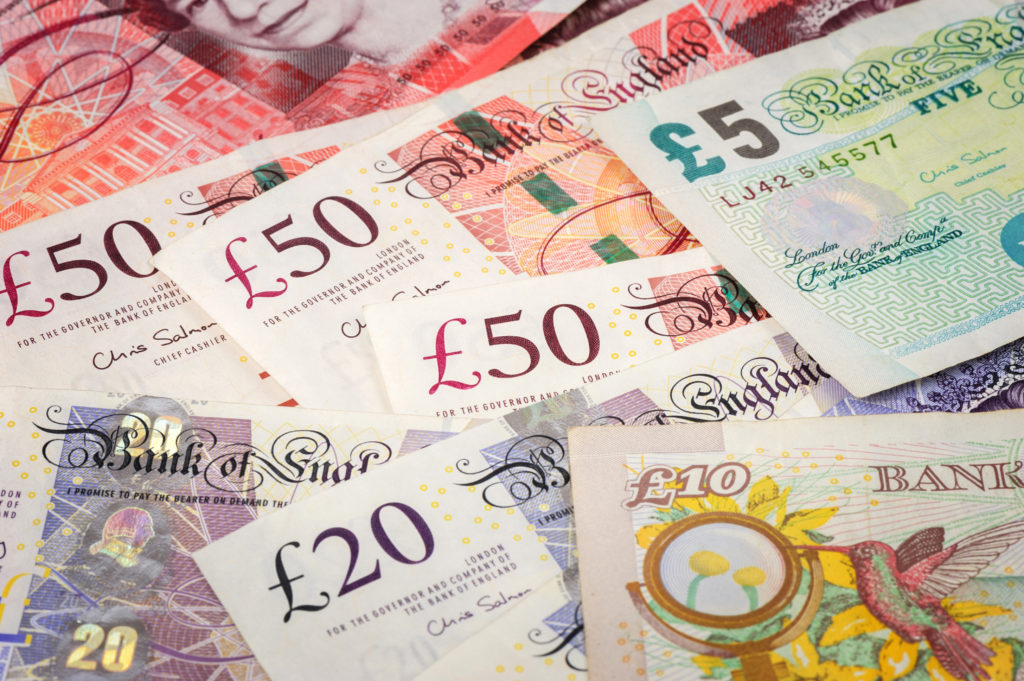
Money, particularly in the Western World, can be the slave driver, drug dealer and fickle lover all rolled into one beast. We want it for what it can provide us with; the luxuries, the status symbols and material goods that we believe are important to have in our lives but when we have them, we want more. It feels good and makes us look successful.
But at what point do we stop?
Think about the last time you had a bit of retail therapy? How long was it before the shiny new clothes or sports car start to lose their glister?
It can be even more intimidating when you come into money when you are not used to having it. We hear stories of lottery winners who lose it all quickly, or get divorced or wish they could go back to their pre-jackpot lives.
Conversely, rather than spending it all the opposite reaction is not to spend any of it. From professional experience, I know that beneficiaries of large estates can feel a duty of care not to waste it and so squirrel it away and that divorcees are so worried about it all being spent they become overly frugal and worry about every penny.
The truth is that money has no inherent value, it’s just a medium to exchange goods and services. To prove it try living on a desert island with only a pocket full of £10 notes; a means to catch fish, produce drinking water and, better still, a boat would all be much more valuable.
Money is therefore a means to an end not the end itself.
So, if money has no inherent value and can’t guarantee happiness would it be fair to conclude that our contentment is aligned to achieving whatever is most important to us?
Having had hundreds of conversations with clients about their money and life I can say that, for most people, financial security and having the freedom and opportunity to do what they want when they want is most important.
But even then, that doesn’t always correlate with a meaningful life. Freedom can also lead to listlessness; “when you have a jar full of cookies, where’s the fun in cookies?” The missing pieces of the jigsaw tends to be having a sense of purpose and social bonds.
A sense of purpose can be gained through a meaningful job but equally, for those not working, through hobbies and interests that gives a reason to get up in the morning and provides satisfaction. Any activity that provides mental or physical stimulation and intrinsic rewards are more likely to provide that sense of fulfilment.
We are a gregarious species so need social bonds to help maintain our mental wellbeing; this may be being part of a group of like minded people with shared interests or values. Oftentimes this is in the workplace but can equally be through out of office groups.
So rather than seeing money as the end goal understand that it is the means to the end. If you know what you need to bring you contentment you can work out what the cost of that life is. Once you know that you can determine what actions you need to take to successfully manage your money to where you want to get to; a sail successfully managed enables the sailor to navigate to where they want to go, money successfully managed enables the owner to navigate where they want to go in life.
Andrew Neligan is a retirement planner and owner of Exeter based Negligan Financial Limited – http://www.neliganfinancial.co.uk